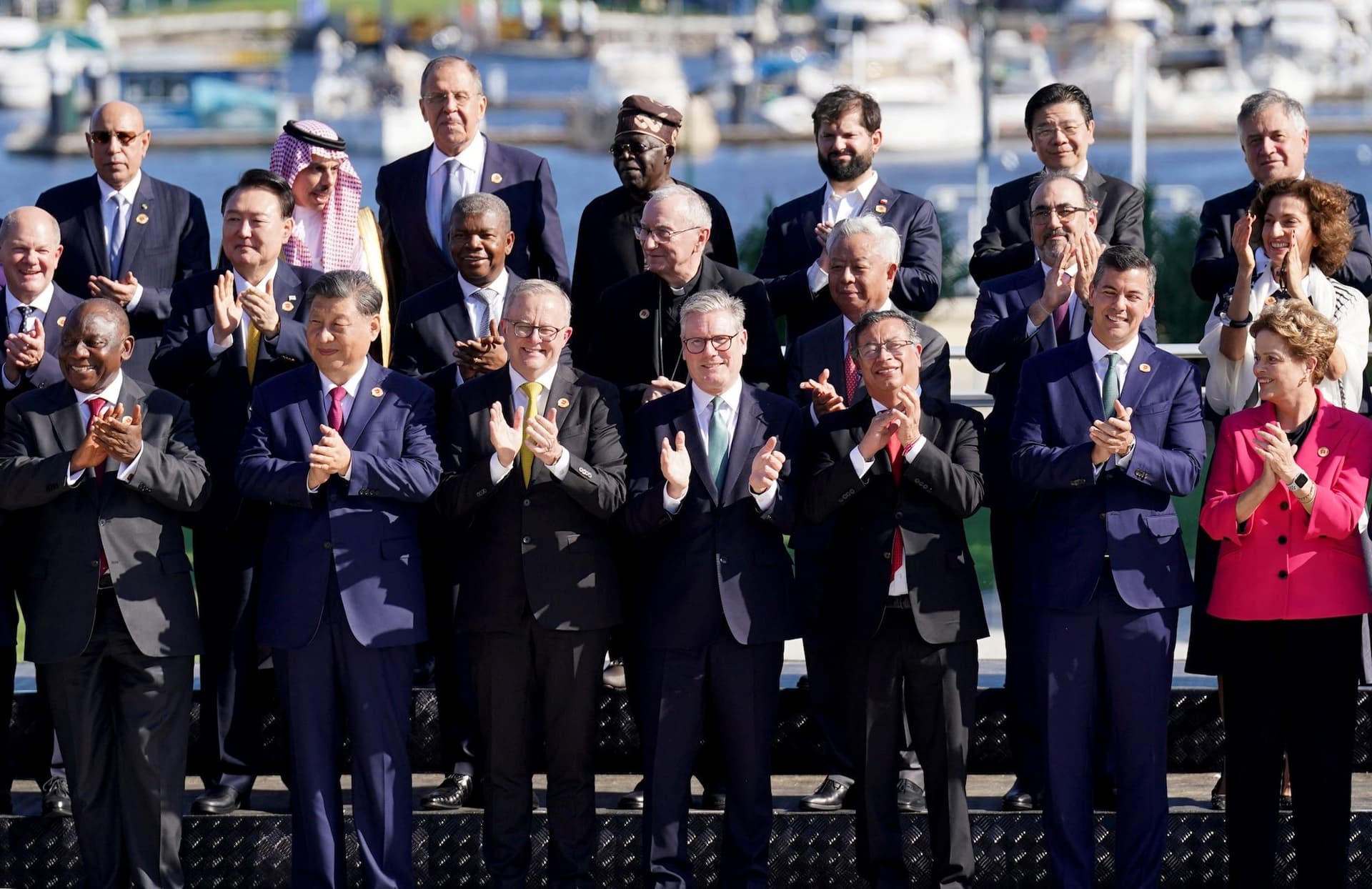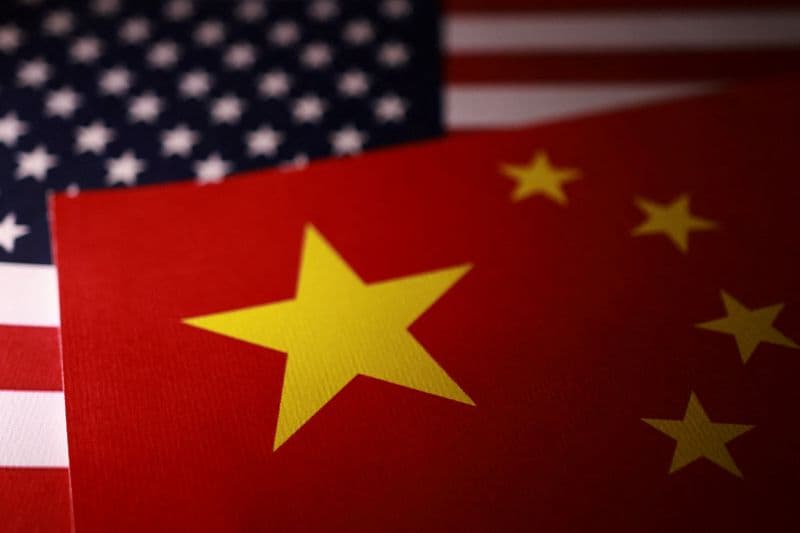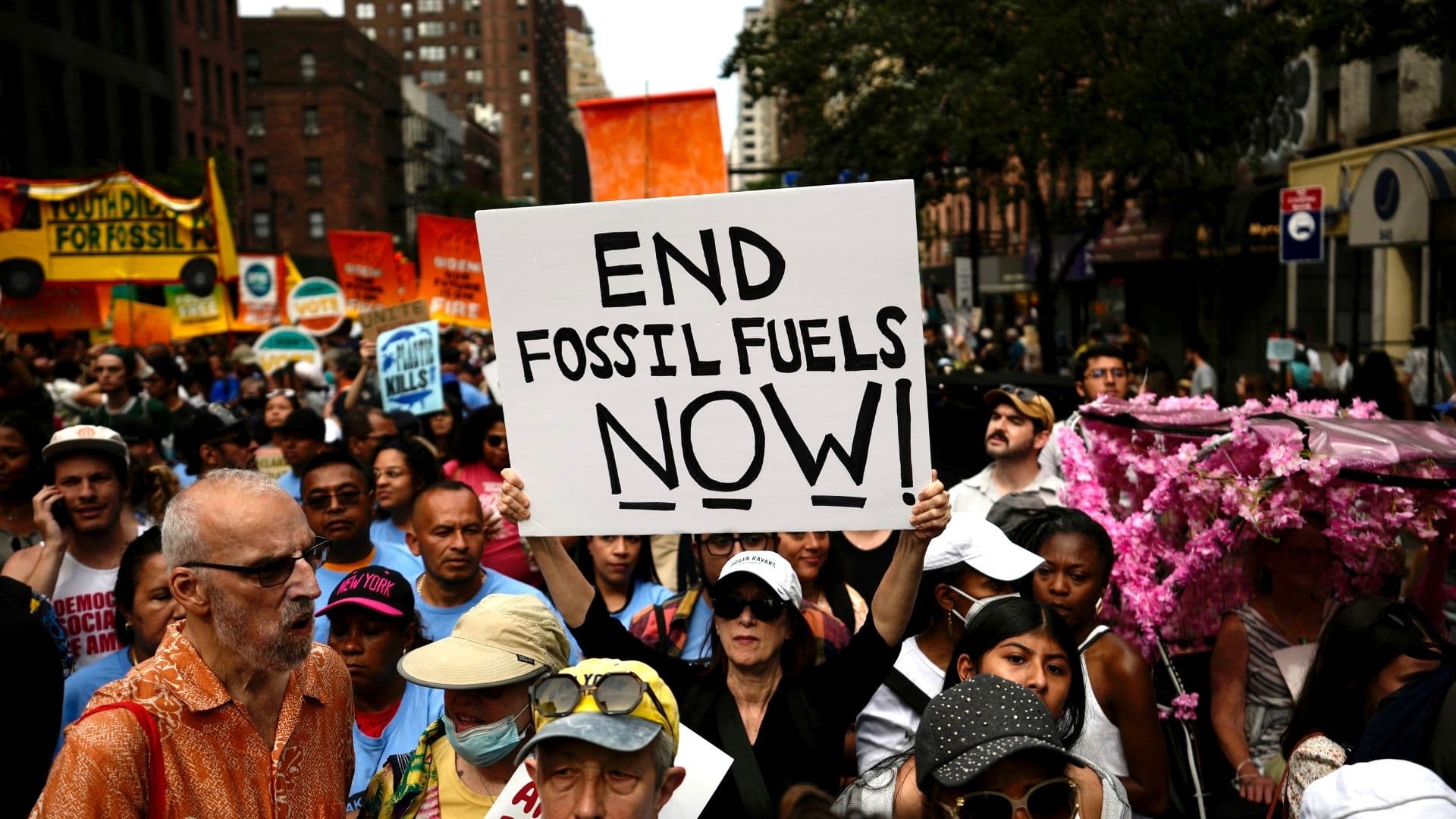G20 Meets in Johannesburg as Rift with United States Looms
World leaders arrive in Johannesburg on November 21 for the first G20 summit held on African soil, a gathering shaped by an unresolved dispute over whether the United States will engage after an earlier decision to boycott. The outcome could reshape climate finance, debt relief and critical minerals policy, and will test the capacity of multilateral institutions to respond to competing geopolitical priorities.

Leaders and delegations are converging on Johannesburg on November 21 for the G20 summit, the first time the forum is hosted on African soil, amid heightened diplomatic activity and a public rift with the United States. The absence or limited engagement of the United States after an earlier decision to boycott has cast a shadow over negotiations that focus on climate finance, debt relief for developing nations, critical minerals and broader economic cooperation.
Organizers and participating capitals are treating the summit as a moment for Africa to press its priorities on the global stage. South Africa is using the platform to spotlight the continent’s infrastructure and financing needs, and to seek concrete commitments on debt relief measures that could ease sovereign borrowing pressures for low income and most debt vulnerable countries. The Associated Press reported widespread on the margins diplomacy, with leaders pursuing bilateral meetings and seeking compromises to salvage broad agreement.
The G20 collectively accounts for roughly 80 percent of global gross domestic product and about three quarters of global trade, making the forum a critical arena for coordinating policies that affect markets and investment flows. Africa, by contrast, represents a small share of global GDP, estimated at around 3 to 4 percent, a disparity that South African hosts hope the summit can help correct through targeted financing pledges and supply chain initiatives for critical minerals.
Markets are watching closely. Investors are sensitive to any signs that multilateral cooperation on debt relief will falter, because such outcomes affect sovereign risk premia and the appetite for emerging market debt. Commitments on climate finance matter to green investors and to banks that are financing the energy transition. Supply assurances or coordinated stockpiles for critical minerals could ease price volatility for battery related metals, which have been a focus of industrial policy in recent years.
Policy makers face a complex calculus. If Washington remains disengaged, the summit risks producing weaker joint language and fewer binding commitments on financing mechanisms that are already under strain. Multilateral institutions such as the International Monetary Fund and the World Bank are central to debt restructuring efforts and to channeling concessional finance, but they alone cannot close the financing gap facing developing countries. At the same time, alternative sources of financing and diplomatic influence have grown, notably from emerging economies, increasing the geopolitical stakes of any perceived leadership vacuum.
Longer term, Johannesburg is a test of whether global governance can adapt to a more multipolar reality while still delivering coordinated responses to transnational challenges. For African governments, the summit offers a rare opportunity to link continental development needs with the priorities of the world’s largest economies. For markets and policy makers, the immediate question is whether the diplomatic energy on the sidelines translates into concrete agreements that reduce economic risk and mobilize the private capital needed for the energy transition and sustainable development.

